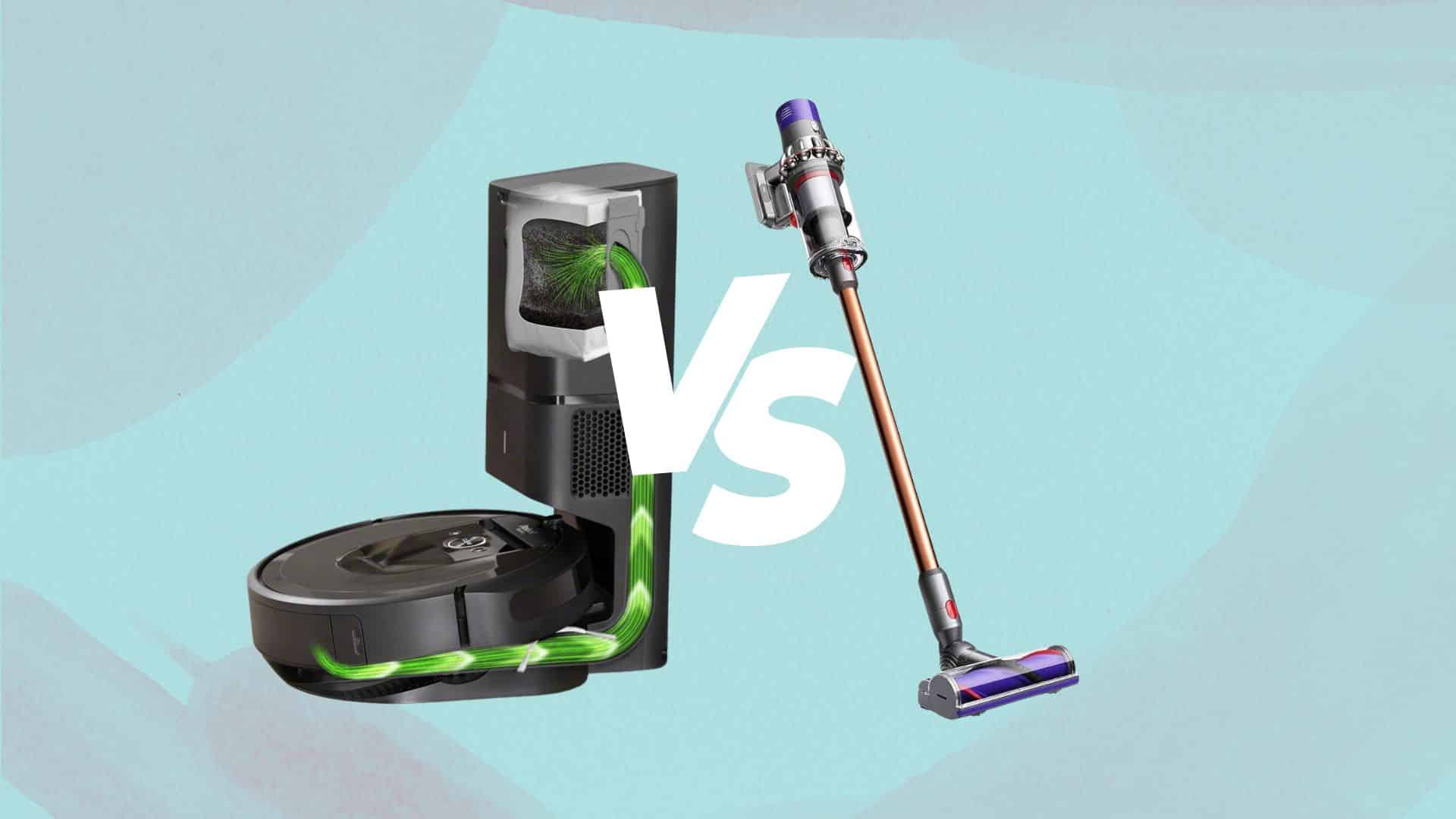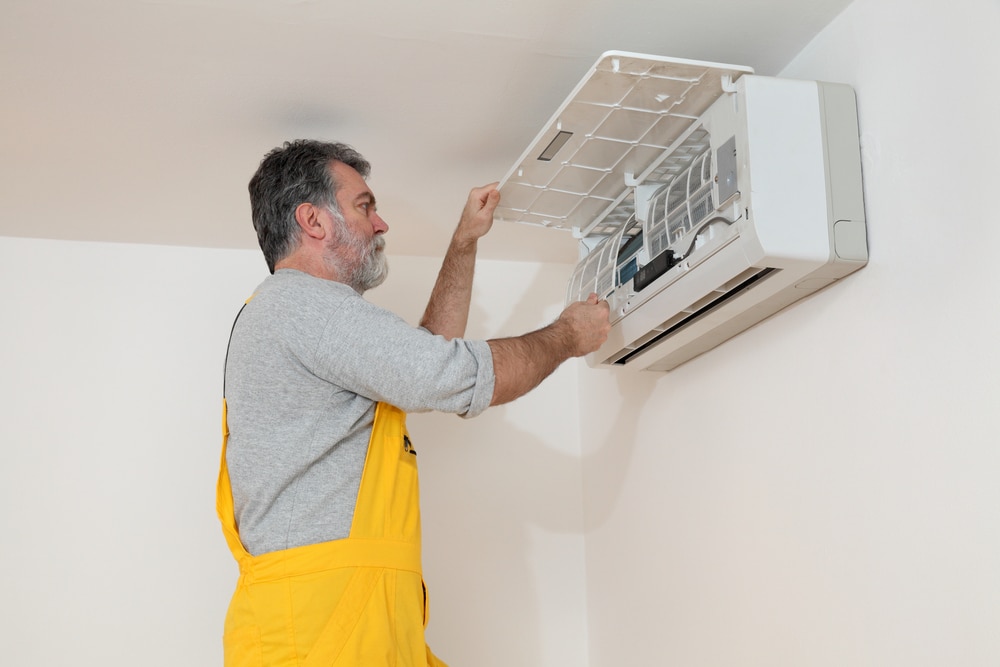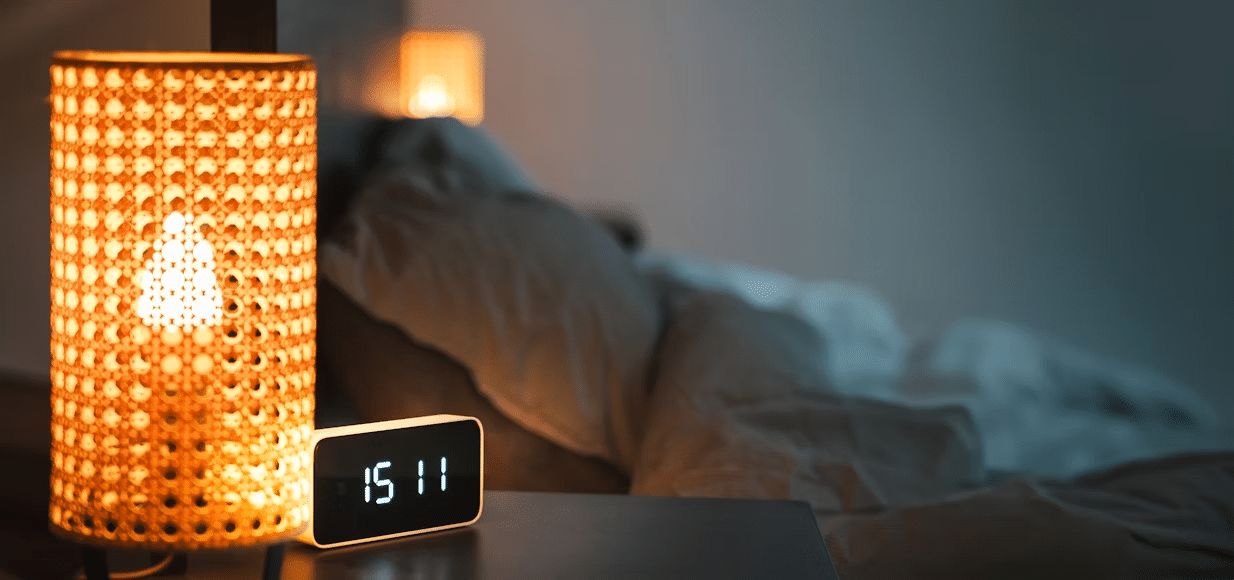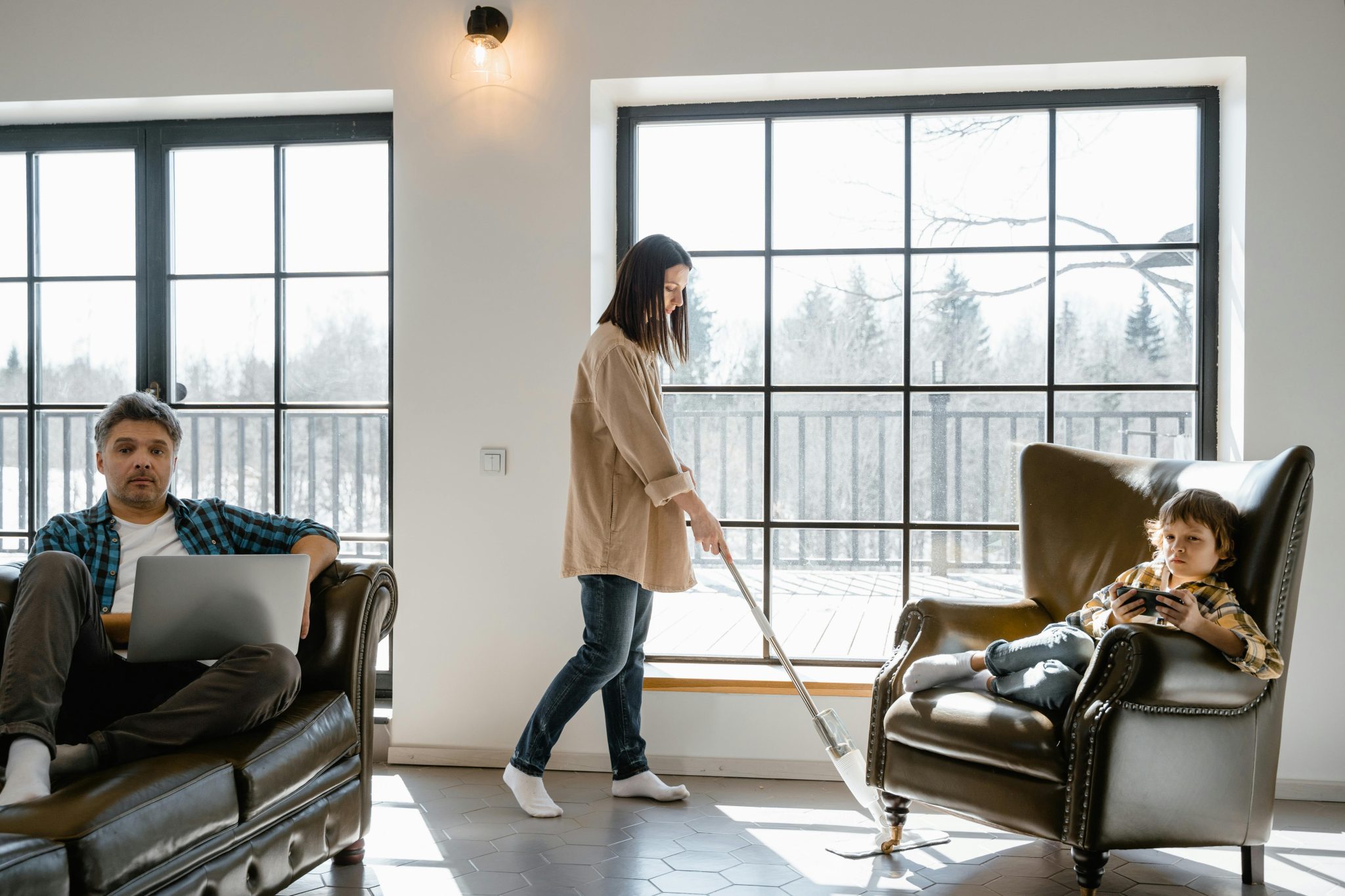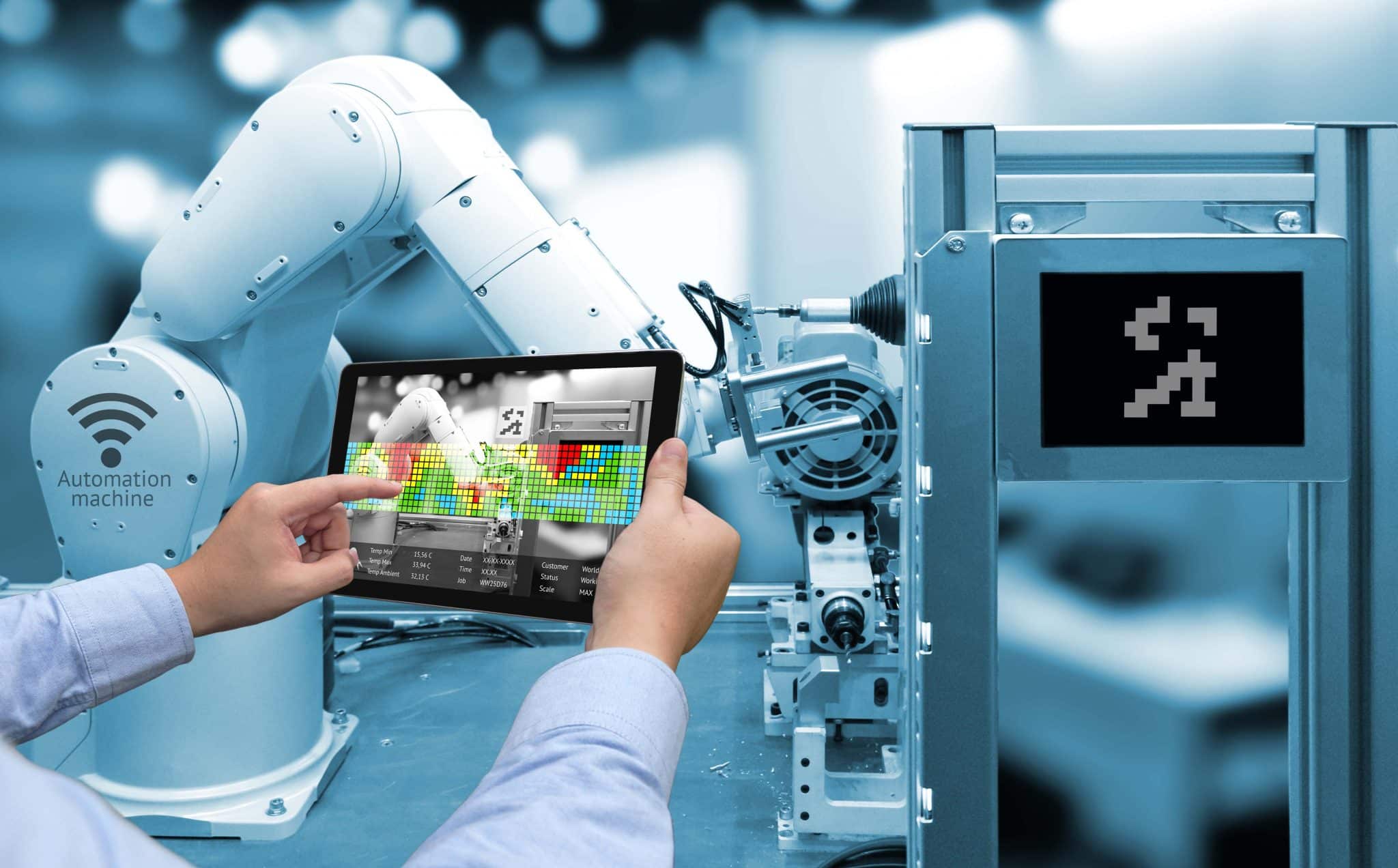The Ultimate Showdown: Roomba vs Dyson
We all want clean floors without the hassle. Robot vacuums promise to make our lives easier, but choosing between brands can be tricky.
Roomba and Dyson are two big names in this space, each offering unique features. We know it’s hard to decide which one is right for your home.
Don’t worry! We’ve got you covered. In this post, we’ll compare Roomba and Dyson robot vacuums to help you make an informed choice.
We’ll look at their design, cleaning power, smart features, and price. By the end, you’ll have a clear picture of which brand suits your needs best.
Let’s dive into this Roomba vs Dyson face-off and find your perfect cleaning companion!
Roomba vs Dyson: Key Features and Capabilities
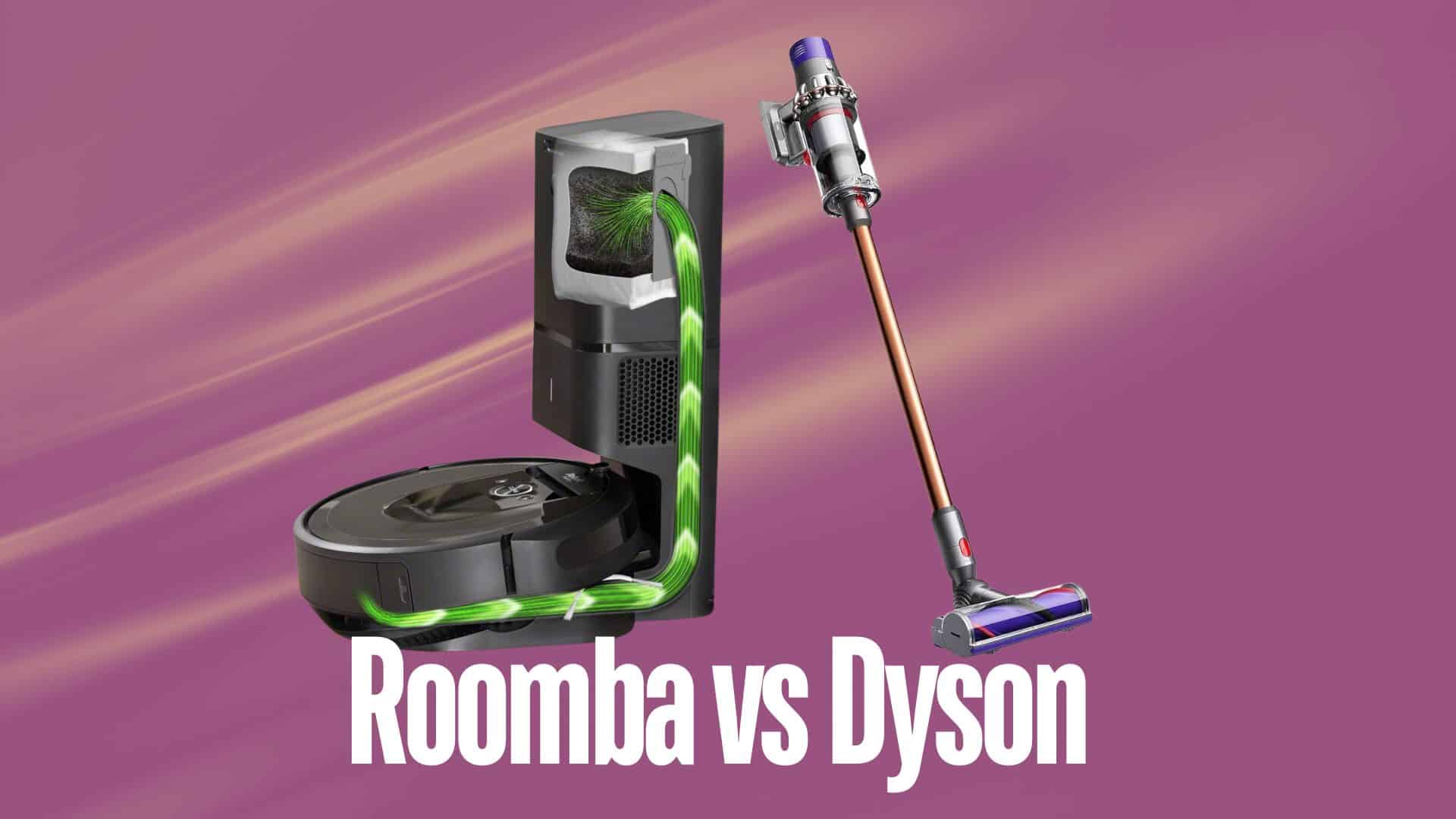
1. Roomba’s Key Features
Self-Emptying Bins: We love how Roomba’s self-emptying tech in models like the j7+ and s9+ makes life easier. It’s perfect for busy folks who don’t want to empty the bin after every clean.
Advanced Navigation: Roomba’s smart navigation is a game-changer. The j7+ uses cameras and vSLAM to map your home, dodge obstacles, and clean more efficiently. It’s like having a tiny, smart cleaner that knows your house inside out!
2. Dyson’s Key Features
Cyclonic Vortex Suction: Dyson’s famous for its strong suction. Their robot vacuums use the same tech as their handheld models, giving you serious cleaning power in a compact package.
Unique Design: Dyson robots look different from other brands. Their design helps them get into tight spots, though they might struggle under low furniture due to their height.
Both brands offer app control for easy scheduling and room-specific cleaning.
Roomba goes a step further with voice assistant compatibility, working with Alexa, Google, and Siri. Dyson focuses on durability and great filtration, trapping dust and allergens effectively.
Dyson’s Suction Technology VS Roomba’s Dual-Roller System
Dyson’s robot vacuums are known for their strong suction. They use the same cyclonic tech as their handheld vacs. This means they can pull up dirt from deep in carpets and grab tiny dust particles with ease.
Roomba takes a different approach. Their dual-roller system works with moderate suction to lift and trap dirt. This combo is great for various floor types. The rollers grab debris while the suction ensures it all ends up in the bin.
Roomba vs Dyson: Price Comparison
| Specification | Roomba | Dyson |
|---|---|---|
| Price Range | $300 – $1,500 | $999 – $1,200 |
| Best-Selling Models | Roomba s9+, Roomba Combo j7+, Roomba i4 EVO | Dyson 360 Vis Nav, Dyson 360 Heurist |
| Battery Life | 75 – 128 minutes | 45 – 75 minutes |
Roomba vs Dyson: Usability Experience
1. User-friendly Interface and App Control
Both Roomba and Dyson have made their robot vacuums easy to use, but there are some differences.
Roomba: We find Roomba’s app quite user-friendly. It’s simple to set up and navigate. You can easily create cleaning schedules, start or stop cleaning, and view cleaning maps. The app also gives helpful tips and cleaning suggestions based on your home and habits.
Dyson: Dyson’s app is also well-designed, but it might feel a bit more complex at first. It offers detailed control over cleaning modes and schedules. Some users might need a bit more time to get used to all the features.
2. Voice Command and Scheduling
Roomba: Roomba takes the lead here. It works with Alexa, Google Assistant, and Siri. You can start, stop, or schedule cleaning just by talking. It’s super handy when your hands are full!
Dyson: Dyson also offers voice control, but it’s limited to Alexa at the moment. Both brands let you set up cleaning schedules easily through their apps.
Roomba vs Dyson: Maintenance and Durability
Roomba: These robots are known for their durability. Many users report their Roombas lasting for years. They’re also pretty easy to maintain. Brushes and filters are simple to remove and clean. Plus, if you have a self-emptying model, you’ll spend even less time on upkeep.
Dyson: Dyson robot vacs are built to last too. They have fewer moving parts, which can mean fewer things to go wrong. However, their complex cyclonic system might need more careful cleaning.
Roomba vs Dyson: Real-World Performance
- Pet Hair: Both brands handle pet hair well. Dyson’s strong suction pulls it right up, while Roomba’s rollers prevent tangles and keep picking up hair efficiently.
- Dirt and Dust: Dyson shines here with its ability to pull out deeply embedded dirt. Roomba does a good job too, often making multiple passes to ensure a thorough clean.
- Larger Debris (like cereal): Roomba’s wider opening and dual rollers often do better with bigger bits. Dyson can sometimes push larger debris around before sucking it up.
- Carpets vs. Hard Floors: Dyson’s power makes it great on carpets. Roomba adapts well to different surfaces, doing a solid job on both carpets and hard floors.
Roomba’s Strengths and Weaknesses
| Aspect | Strengths | Weaknesses |
|---|---|---|
| Durability | Long-lasting with robust build quality. | None significant in terms of durability. |
| Repairability | Easy to repair with widely available parts, even for older models. | None significant; generally easy to maintain. |
| Variety in Models | Wide range of models across different price points, with varying features. | Some lower-end models lack advanced features. |
| Suction Power | Sufficient for most household cleaning tasks. | Moderate suction compared to high-end competitors like Dyson. |
| Navigation | Advanced navigation in newer models (vSLAM, object avoidance). | Older models use less efficient bump-and-go navigation. |
Roomba vs Dyson: Design and Aesthetic Appeal
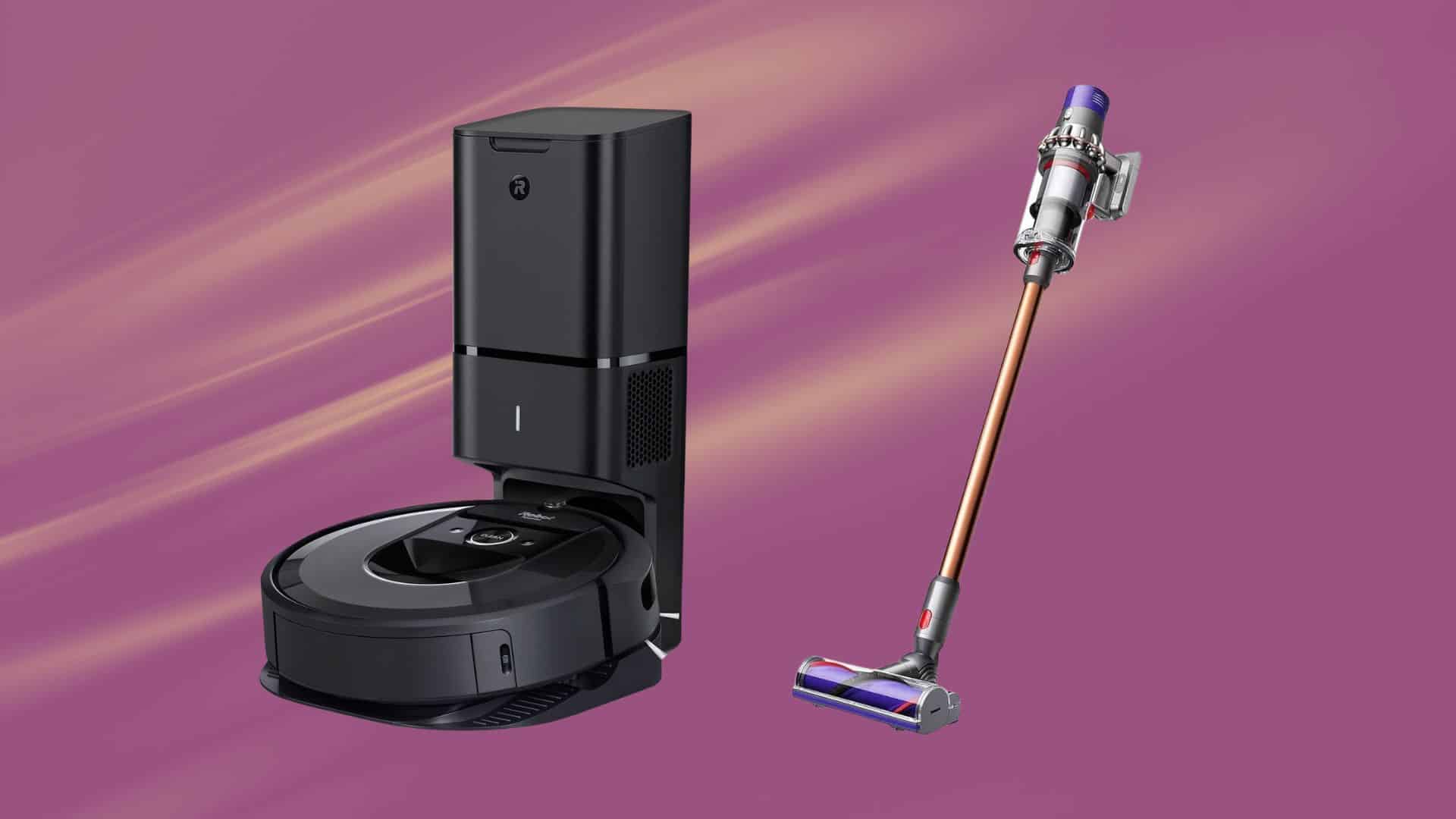
When it comes to design and looks, Roomba and Dyson take different paths.
Roombas stick to a classic round shape, usually in black or grey. They’re made to blend in with your home and not draw attention. Their low height is great for cleaning under furniture.
Dyson, on the other hand, likes to stand out. Their robot vacs often come in eye-catching colors like purple or blue. The shape is more angular, which helps with corner cleaning, but they’re taller. This can make it tricky to clean under low furniture.
Roomba’s design is perfect for homes with lots of furniture, as it can easily squeeze into tight spots. Dyson’s bold look might appeal to those who want their tech to make a statement.
Roomba vs Dyson: Which One Should You Choose?
Roomba might be your best bet if:
- You want a low-maintenance option. Roomba’s self-emptying bins on some models mean less work for you.
- You have a mix of furniture. Roomba’s low profile helps it clean under most furniture easily.
- You like smart home integration. Roomba works with multiple voice assistants, making it super convenient.
- You want easy scheduling. Roomba’s app is user-friendly and great for setting up cleaning routines.
Dyson could be the right choice if:
- You need strong suction power. Dyson’s cyclonic tech offers top-notch suction for deep cleaning.
- You have lots of corners to clean. Dyson’s shape is better for getting into corners.
- You prefer a standout design. Dyson’s bold colors and unique look make a statement.
- You have mainly open spaces. Dyson’s height isn’t an issue if you don’t have much low furniture.
Both brands clean well, but they shine in different areas. Think about your home layout, cleaning needs, and personal style when deciding.
Remember, the best vacuum is the one that fits your lifestyle and keeps your floors clean with minimal fuss.
Summing It Up
So, what’s the verdict in the Roomba vs Dyson showdown? Well, there’s no one-size-fits-all answer. Both brands offer great cleaning power, but in different ways.
Roomba shines with its smart features and low-profile design, perfect for homes with lots of furniture. Dyson impresses with raw suction power and eye-catching looks.
Your choice depends on your specific needs. Do you want a low-maintenance helper that works with your smart home? Roomba might be your match.
Prefer a powerhouse that makes a style statement? Dyson could be the one.
Remember, the best robot vacuum is the one that fits your home and lifestyle. Whichever you choose, you’re on your way to cleaner floors with less effort.
Happy cleaning!

